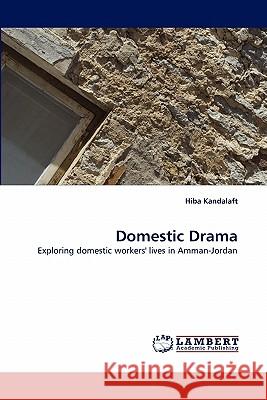Domestic Drama » książka
Domestic Drama
ISBN-13: 9783843352055 / Angielski / Miękka / 2010 / 64 str.
This research adds an important dimension to the literature on female migrant domestic workers (FMDWs): while applying rigorous conceptual framework to underpin its analysis of the complex relationship between FMDWs and their employers, it uses primary data to bring out the experience of FMDWs. The study focuses on relations between FMDWs and employers to answer the question: How can FMDWs ensure their rights and benefits through their complex intra- and extra-household relationships? It uses an eclectic but cohesive conceptual framework consisting of gender, intersectionality, agency and social capital to analyze the data from in-depth interviews with workers and employers. The analysis shows that while FMDWs are aware of the formal protection measures, they often achieve their goals independently and/or collectively by diverse means. The paper further argues that the perceptions underlying formal protection measures have fallen short of capturing the intricate and often contradictory relations between employers and workers. It argues that FMDWs are not a homogeneous group and that their relations with their employers are not inherently antagonistic.











